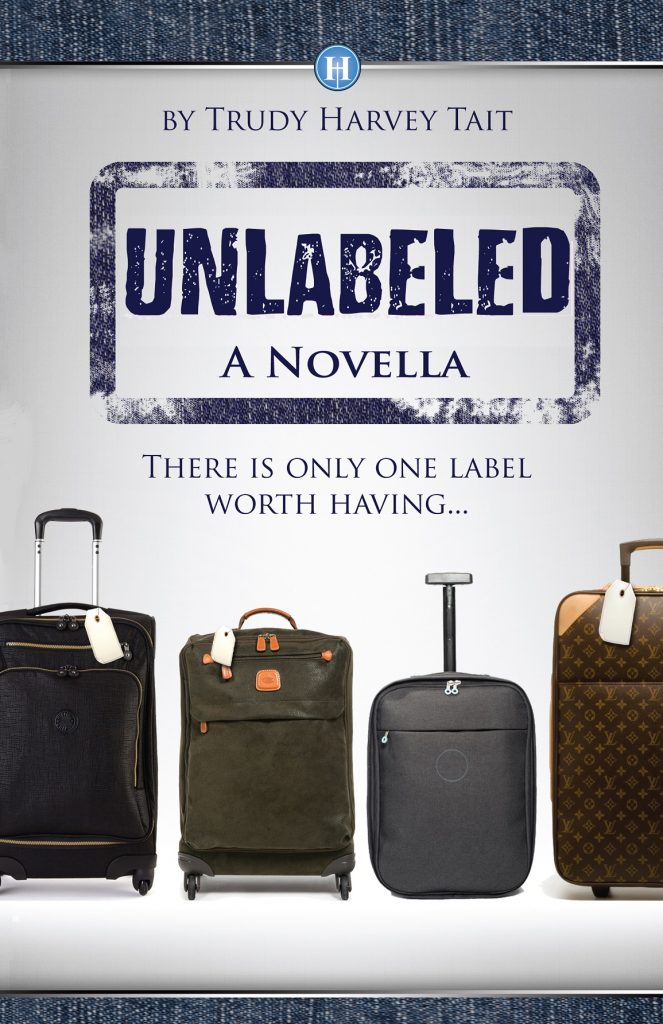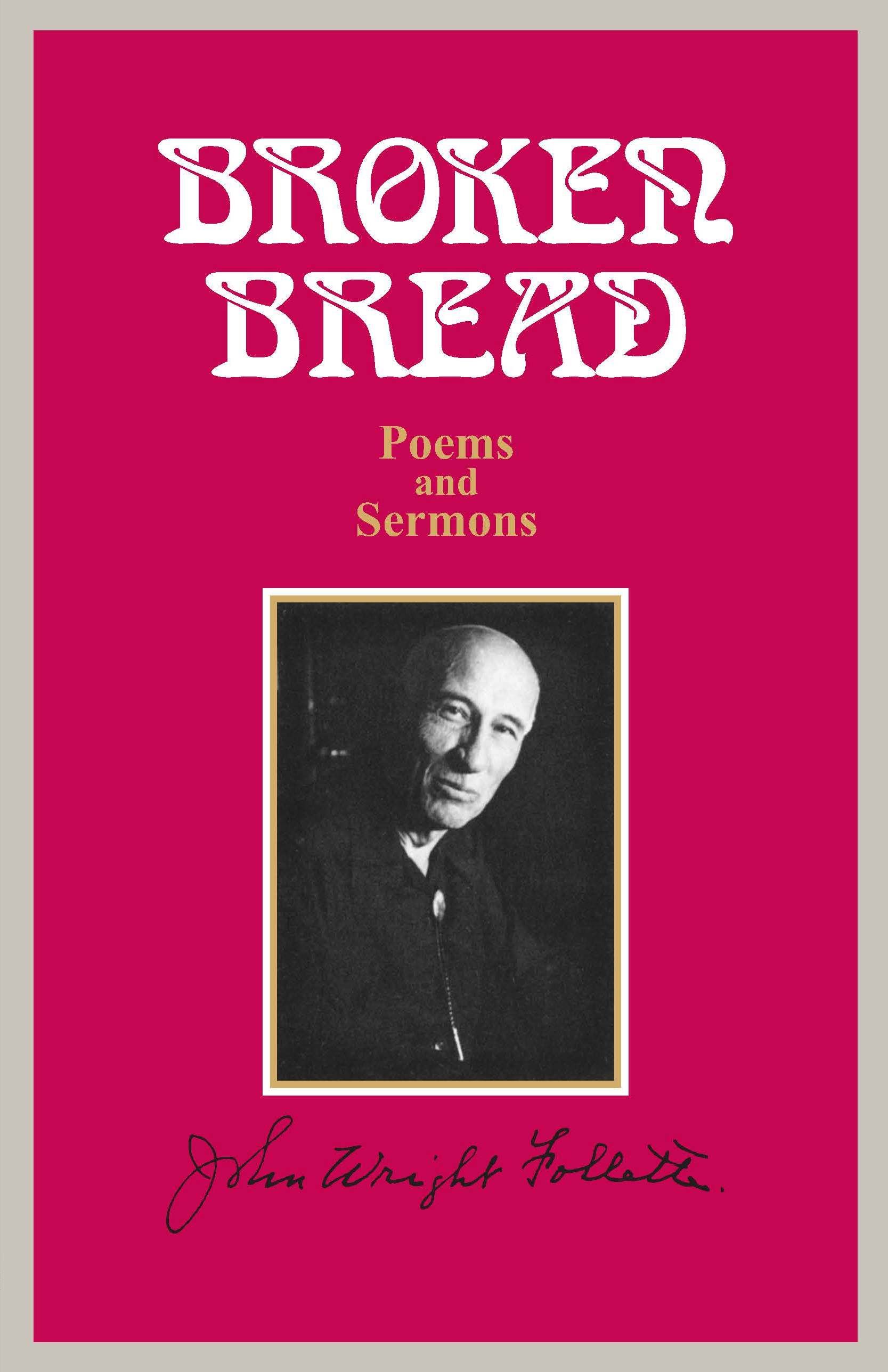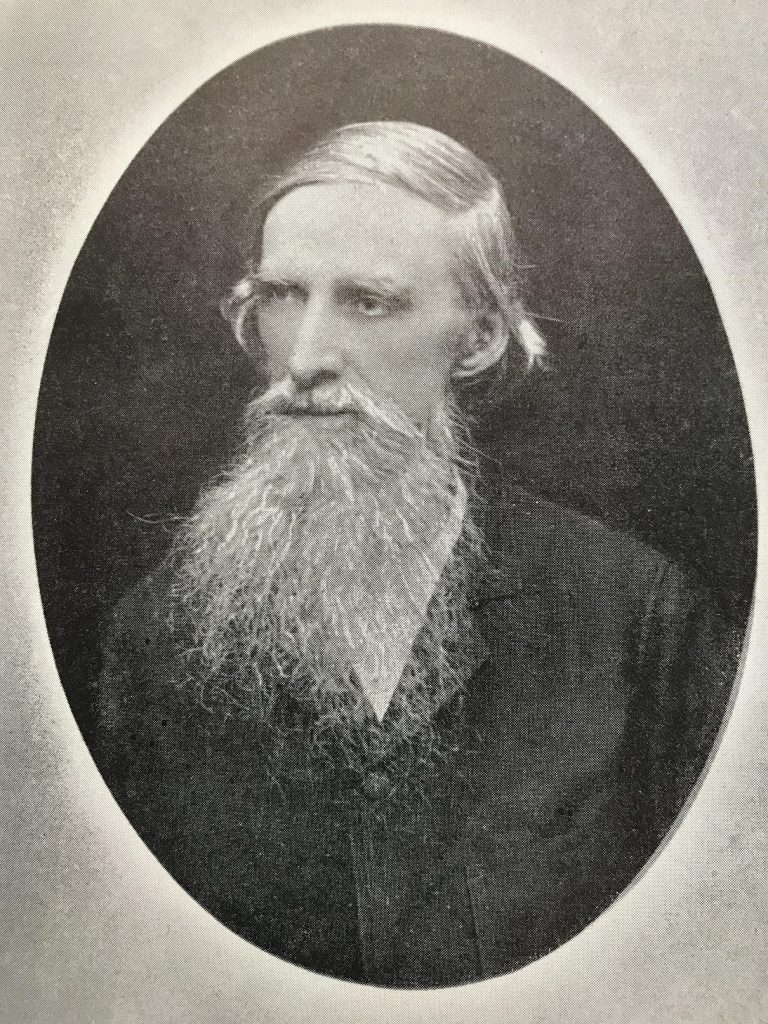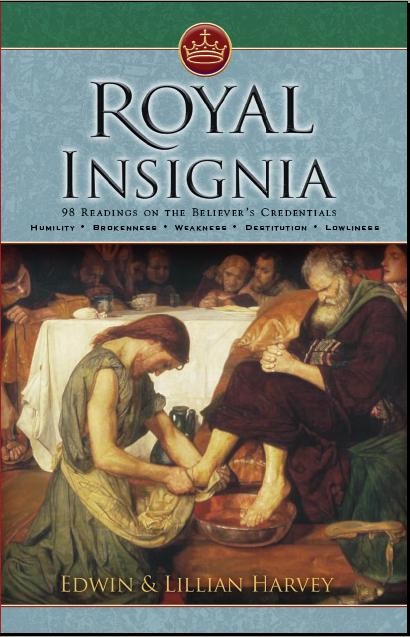Prologue
It happened in Africa
Rahela Morgan tiptoed along the tiled hallway, holding her breath. A hyena howled in the distance. Her dog, Titan, barked in reply. But in the house, no one stirred, not even her old nurse, Deborah, who had ears like a hawk and a nose for sniffing out trouble.
“So far, so good,” thought Rahela, as she slipped into the bathroom and closed the door softly behind her. She fumbled in the pocket of her pajamas for the precious packet she had bought that day at the pharmacy in Mombasa, fifty miles away. Morning sickness for several weeks had made her determined to know the worst.




